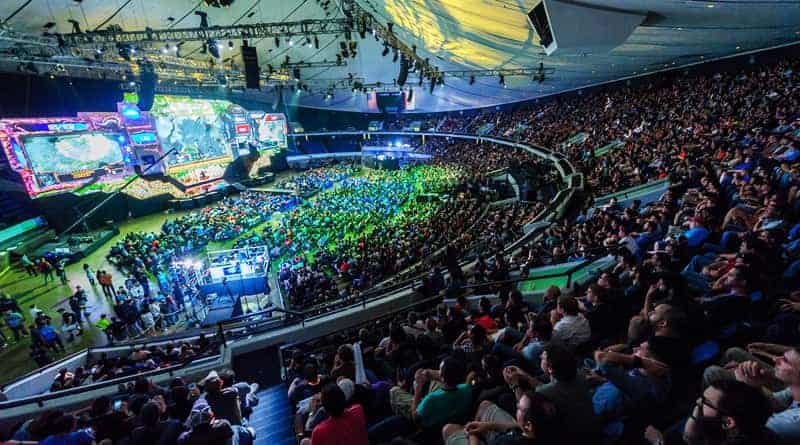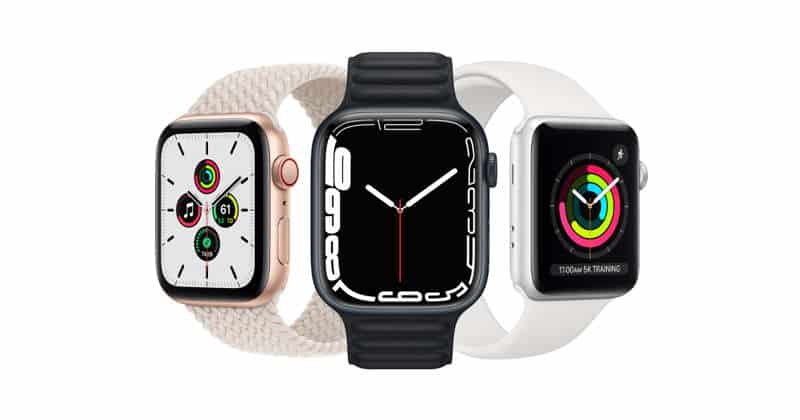Table of Contents
How Virtual Games Enhance Career Growth
In today’s fast-paced sports landscape, athletes face growing demands to cultivate a diverse set of skills that extend beyond mere physical prowess. Immersive sports simulations like FIFA, Pro Evolution Soccer (PES), and Football Manager provide athletes with unique avenues to hone their abilities within virtual realms.

These interactive platforms not only deliver captivating gaming experiences but also impart valuable expertise that can profoundly impact an athlete’s future prospects. Same with the aviator game, available on the official site of Betway, a trusted bookmaker with a review at the link, where anyone can place a bet on a flying plane and try to test their patience — one of the most important skills of professional athletes.
This article explores how skills acquired through sports simulators contribute to an athlete’s professional development, paving the way for real-world achievements.
Skills acquired through sports simulators and how they improve real-life Career
1. Strategic Thinking and Decision-making
Sports simulators like FIFA, PES, and Football Manager demand strategic thinking, as athletes must make split-second decisions that impact the game’s outcome. These virtual environments foster critical thinking skills, enabling players to analyze situations, devise game plans, and adapt to various scenarios.
The ability to evaluate options, anticipate opponents’ moves, and adjust strategies translates directly to real-life sports situations. Athletes who excel in strategic thinking through sports simulators gain a competitive edge on the field and make smarter, well-informed decisions during crucial moments in their careers.
2. Teamwork and Communication
Successful athletes comprehend the significance of teamwork and effective communication both on and off the field. Sports simulators simulate real-life team dynamics, requiring players to collaborate with virtual teammates and synchronize their movements. These games nurture an understanding of trust, coordination, and communication’s importance in achieving collective goals.
By participating in multiplayer modes or managing virtual teams in Football Manager, athletes can enhance their ability to work effectively in a team, fostering strong interpersonal skills that prove invaluable in their future careers.
3. Leadership and Decision-making
Leadership qualities and the ability to make sound decisions are integral to achieving success in any domain. Sports simulators provide athletes a platform to assume leadership roles, taking charge of their virtual teams. Whether it’s leading a squad in FIFA or managing a football club in Football Manager, these simulations necessitate critical decision-making that impacts team performance.
Athletes who excel in these games develop leadership skills such as task delegation, motivating teammates, and making calculated decisions under pressure. These skills seamlessly transfer to real-life sports environments, empowering athletes to become influential leaders and decision-makers in their respective fields.
4. Analytical and Statistical Understanding
In the age of data-driven decision-making, athletes with a solid analytical and statistical understanding gain a significant advantage. Sports simulators offer players a wealth of data, encompassing player performance statistics and in-game analytics. By delving into this information, athletes can develop the ability to interpret data, identify patterns, and make informed decisions based on statistical insights.
Football Manager, for instance, provides an immersive experience where athletes can manage player contracts, assess player performance metrics, and strategize team formations based on data. These skills are highly transferable, enabling athletes to excel in roles such as coaching, scouting, or sports analytics in their future careers.
5. Mental Resilience and Focus
Sports simulators place athletes in high-pressure situations, testing their mental resilience and ability to maintain focus. Just like in real-life sports, virtual competitions can be intense and challenging, necessitating athletes to handle adversity and overcome obstacles. The concentration required to navigate complex gameplay scenarios in FIFA or PES enhances an athlete’s ability to maintain focus, block out distractions, and remain composed in high-stakes situations.
These attributes are crucial not only on the field but also in various professional settings, including negotiations, public speaking, or managing stressful situations.
Conclusion
Sports simulators like FIFA, PES, and Football Manager serve as more than mere entertainment platforms. They represent powerful tools for developing skills that extend beyond the virtual world. Athletes who embrace these simulators gain a competitive advantage by refining their strategic thinking, teamwork, leadership, analytical abilities, and mental resilience.
The skills acquired in these digital arenas seamlessly transfer to their future careers, opening doors to success both on and off the field. As sports continue to evolve, athletes who recognize the value of sports simulators and invest in their development will be well-positioned to thrive in the dynamic and competitive landscape of modern sports.



